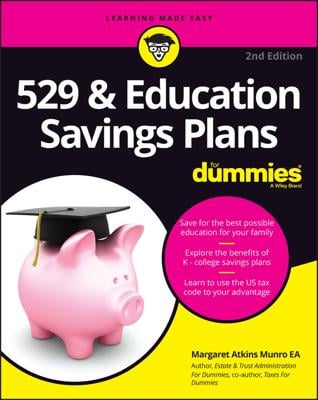To save for college tax-free using either Series EE or Series I savings bonds, the owner needs to be at least 24 years old on the first day of the month when the bond is issued. There are no exceptions here.
If you turn 24 on June 18, 2009, and you purchase a bond on June 19, 2009 (so you really and truly are 24 years old), the issue date is regarded as June 1, 2009, when you weren’t yet 24 years old. Tough luck, but you’ll have to pay tax on the interest that you earn on that particular bond. You should have waited until July.
To exclude the income earned from a Series EE or Series I savings bond from your income, you must be the owner of the bond. You may not buy bonds as a gift for someone (perhaps you’re 24, and the person you want to buy for is not) and retain the tax benefit for yourself.
Additionally, if you do buy bonds as gifts for your children or grandchildren who are under 24 at the time the bonds are purchased, they’ll have to pay any income tax that is due on the earnings, regardless of how old you were when you purchased the bonds.
If you want to give these bonds as gifts to be used for your child or grandchild’s post-secondary education, register them in your name and Social Security number (for your child) or your child’s name and Social Security number (for your grandchild) in order to take full advantage of the tax-exemption for educational use these bonds provide.
When the time comes to pay those tuition bills, the person who is redeeming the bond will also be the person who is paying the bill. But don’t forget: In order to qualify for this treatment, the person to whom you register the bond must be at least 24 years old in the month before the bond is issued.
Education savings schemes such as Section 529 plans and Coverdell Education Savings Accounts allow you almost unlimited scope when choosing a potential student to save for. Series EE or Series I savings bonds are much more restrictive. You may pay for qualified educational expenses for only the following students without paying income tax on the interest you’ve earned:
Yourself: Provided the bonds were issued after your 24th birthday, you can use them for your own qualified educational expenses and not pay any income tax at all.
Your spouse: A spouse qualifies provided that you’re filing a joint income tax return.
Your children: Children are eligible as long as you still claim them as dependents on your income tax return. After they claim their own personal exemption, you’re out of luck.
Congress always intended that this particular tax break be reserved for people with limited incomes. Because of that, it seriously restricted who could participate in these tax-free redemptions by putting very strict income requirements in place. These amounts are adjusted annually for inflation, but were never overly generous to begin with, and they don’t improve much even with the inflation adjustment.
If you file your tax returns using the “Married filing separately” filing status, you can’t redeem any of your bonds tax-free, even if you meet all the other criteria. It just isn’t allowed.

